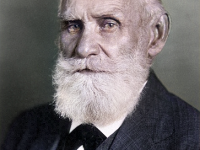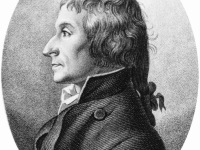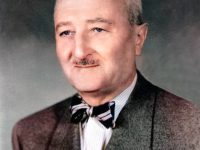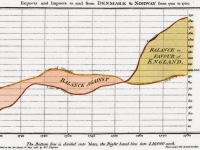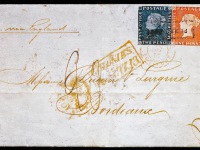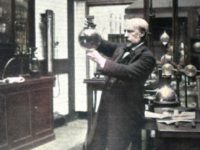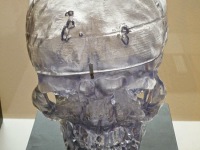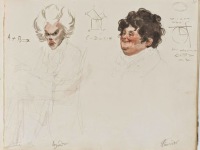Ivan Pavlov and the Conditional Reflex
On September 27, 1849, Russian physiologist and Nobel Laureate Ivan Petrovich Pavlov was born. He is primarily known primarily for his work in classical conditioning. And what is the first thing you will think about when you hear Pavlov‘s name? Well, probably his experiments with dogs, where he conditioned dogs to salivate when hearing a bell ringing because they expected to get food. But, let’s take a closer look at Pavlov and…
Read more











